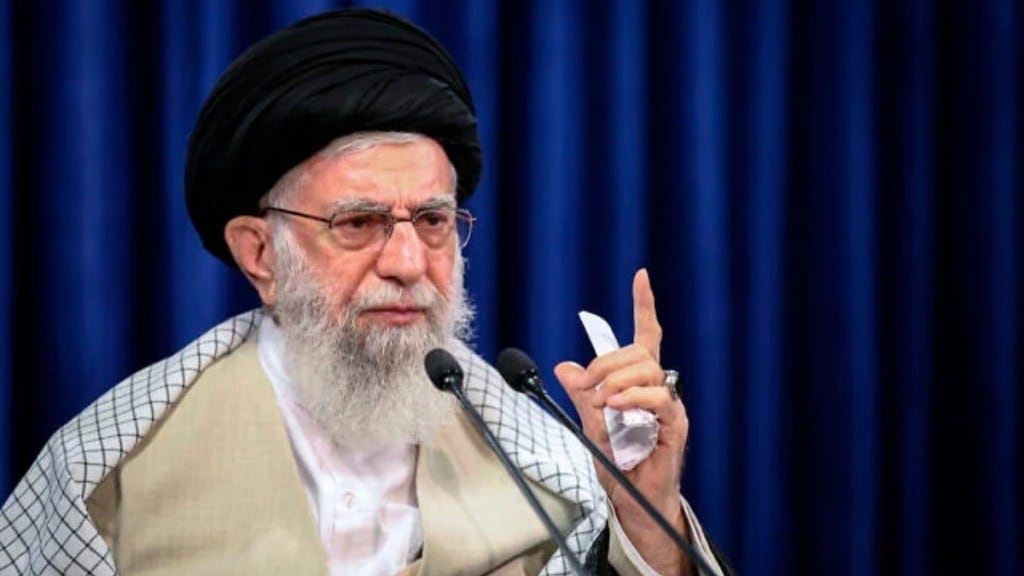Iranian authorities have launched a major crackdown after the recent conflict with Israel. They have arrested more than 700 individuals across several provinces over the past 12 days, accusing them of working with Israeli intelligence, IranWire reported, citing the state-linked Fars News Agency. The arrests reportedly span regions including Kermanshah, Isfahan, Khuzestan, Fars and Lorestan. The sweeping crackdown comes in the aftermath of a US-brokered ceasefire with Israel, marking a sharp escalation in Iran’s internal security measures. In the Islamic Republic, espionage is a capital offense, punishable by death.
The Iranian government alleges that intelligence passed to Israel played a key role in a string of targeted assassinations during the 12-day conflict. These included the killings of senior commanders in the Islamic Revolutionary Guard Corps (IRGC) and prominent nuclear scientists. Tehran blames operatives of Israel’s Mossad agency for coordinating these attacks from within Iran’s borders.
Rattled by the precision of these operations, Iranian security services are now aggressively pursuing anyone suspected of working with foreign intelligence, claiming the measures are necessary for national security.
Executions follow ceasefire
During the conflict, Iran executed three people accused of spying for Israel. Even after the war stopped, Iran carried out three more executions just a day after the ceasefire. Officials have said that more people could be executed as the investigations continue.
According to state-linked Fars News Agency, Iranian security forces have detained more than 700 individuals since Israel launched its attack on June 13. The detainees are reportedly suspected of links to a vast Israeli spy network said to be operating within Iran.
Authorities have broadcast televised “confessions” from some detainees, claiming they collaborated with Israeli intelligence agencies. These include Mossad, the CIA and Britain’s MI6, according to Iran’s Ministry of Intelligence.
International human rights organisations have expressed deep concern over these developments, citing Iran’s long-standing practice of obtaining confessions under duress and denying fair trials. Activists warn that the recent wave of arrests may also be used to suppress political dissent and reinforce government control.
Iran has executed six individuals on espionage charges in just the past two weeks, according to a report by IranWire. Among them were three men who were executed on Wednesday, allegedly for their involvement in the 2020 assassination of Iranian nuclear scientist Mohsen Fakhrizadeh.
Citizens warned for social media activity
Several Iranians told BBC Persian that they had received threatening text messages from Iran’s Ministry of Intelligence. The messages warned that their phone numbers were linked to social media pages affiliated with Israel, urging them to disengage or face legal consequences.
In a separate escalation, Iranian authorities have increased pressure on journalists working for Persian-language media outlets abroad. This includes BBC Persian, Iran International, and Manoto TV, all of which have faced harassment campaigns for their coverage of the conflict.
According to Iran International, IRGC forces in Tehran detained the mother, father, and brother of one of its presenters. The journalist later received a call from her father—reportedly forced by security agents—urging her to resign or face serious consequences.
In official statements, Iran’s Ministry of Intelligence has called its current actions a “relentless battle” against Western and Israeli spy networks. But as the crackdown continues, there are growing fears both within Iran and internationally, that it could lead to wider surveillance, harsher repression and acts of revenge.

